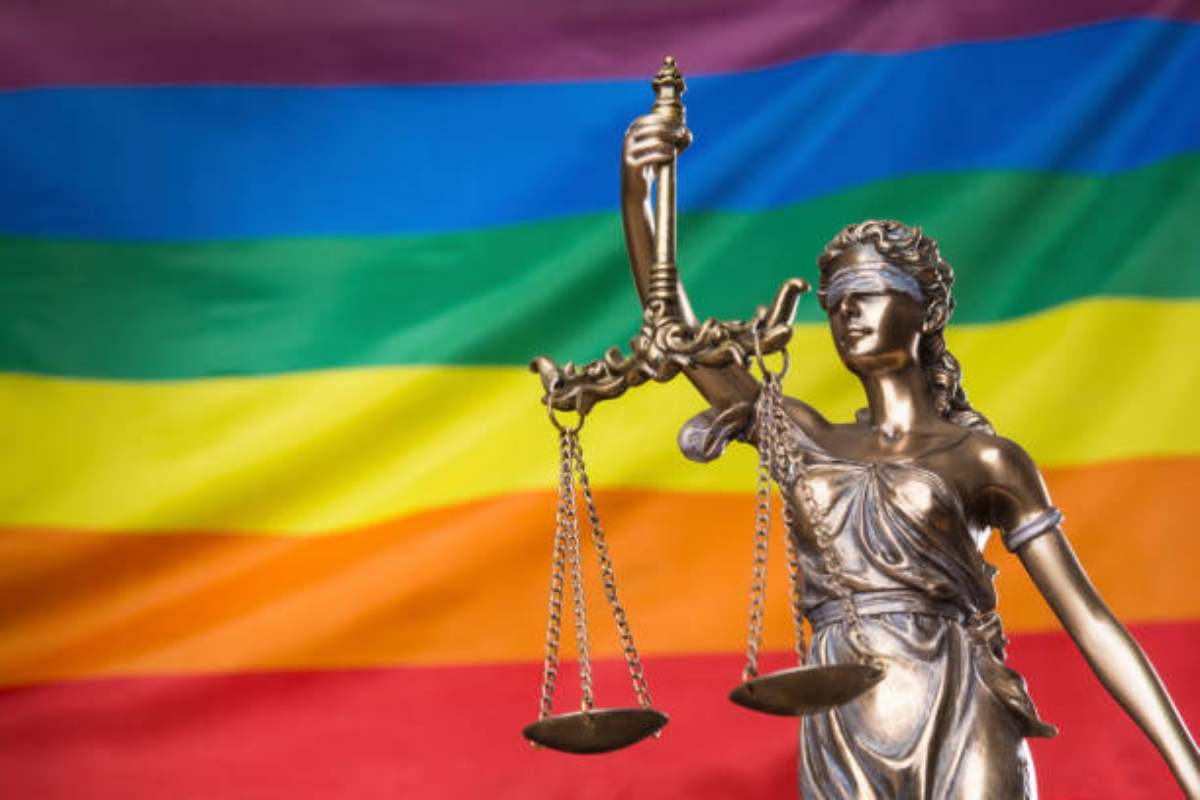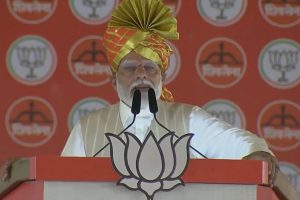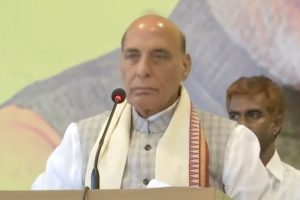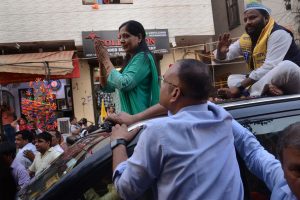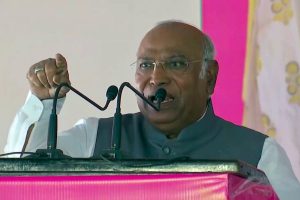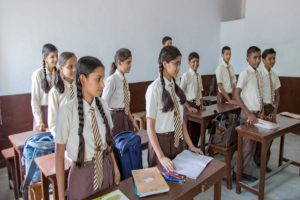As the Centre, on Wednesday, sought to make all the states/Union territories party in the ongoing proceedings on a plea seeking legal recognition to the same-sex marriage or alternately seeking to complete the consultation process initiated by it with the states on the issue and come back to the court, the Supreme court said that there was no data to show that same sex marriage was an “urban elitist concept”.
On the second day of the hearing on a batch of petitions seeking legal sanction for same sex marriage, a five-judge constitution bench comprising Chief Justice D Y Chandrachud, Justice Sanjay Kishan Kaul, Justice S Ravindra Bhat, Justice Hima Kohli and Justice Pamidighantam Sri Narasimha said that more people living in urban areas are coming out of the closet as regards their sexual identity.
“State cannot discriminate against an individual on the basis of a characteristic over which the individual does not have control. When you see it as innate characteristics, then it counters (describing it as an) urban elitist concept. Perhaps because more people, in urban areas, are coming out of the closet. Government does not have any data also to show that same sex marriage is an urban elitist concept,” Chief Justice Chandrachud observed.
The observation is seen as a counter to Central government’s argument that the same sex marriage is an “urban elitest view” seeking social acceptance. Even on Tuesday (April 18, the first day of hearing) referring to the top court’s 2017 judgment decriminalising LGBT+ relationship and its acceptance by the society, CJI Chandrachud had said that it was so not just in the universities located in urban locations but in smaller cities as well.
Not been able to persuade the court on the opening day of the hearing that the issue before it falls within the exclusive domain of the legislature coupled with legislative policy and adherence to societal ethos, common values, shared beliefs across religions, the Centre asked the constitution bench to either make all the states/Union territories party in the ongoing proceedings or allow it to complete the consultation on the issue with the State governments and place their views before it (the court).
The Solicitor General Tushar Mehta apprised the constitution bench of its latest application on the issue, pointing out that Centre has written a letter addressed to all the State governments on the issue to have their views.
Referring to the Entry 5 of the concurrent list under Seventh Schedule of the constitution of India, Solicitor General Mehta said that issues fall within the domain of the State legislatures and they were equal stake holders in the matter being adjudicated by the constitution bench.
Entry 5 of the concurrent list under the seventh schedule of the constitution reads, “Marriage and divorce; infants and minors; adoption; wills, intestacy and succession; joint family and partition; all matters in respect of which parties in judicial proceedings were immediately before the commencement of this Constitution subject to their personal law.”
The court was told that every component of Entry 5 is intrinsically interrelated and any change in any one will necessarily have an inevitable cascading effect on others, the government contended.
Responding to the position stated by the Solicitor General Mehta, senior advocate Mukul Rohatgi, appearing for the one of the petitioners seeking conferment of right to same sex marriage, said that the letter that the Solicitor General was referring to, as a part of the consultative process with the states on the issue, was sent yesterday (April 18).
Opposing issuance of notice to the states/UTs, Rohatgi said that the issue flagged by the Solicitor General does not arise as they were challenging the Central law on the issue.
Senior advocate Abhishek Manu Singhvi appearing for a petitioner seeking legal recognition to the same sex marriage will continue advancing his arguments tomorrow as well.

